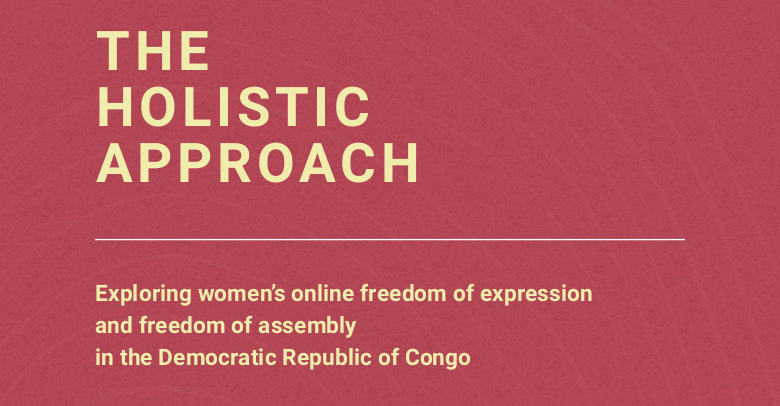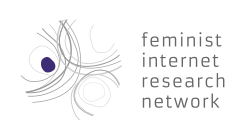The holistic approach: Exploring women’s online freedom of expression and freedom of assembly in the Democratic Republic of Congo

The research sought to understand the inequalities and barriers to the enjoyment of freedom of expression and assembly online by women in Democratic Republic of Congo. The research assesses what fosters this inequality when women participate in freedom of expression (FoE) and freedom of association (FoA) on social media, how can we ensure that women can anticipate, prepare and respond to OGBV when exercising their rights on social media, and assessing what are the power dynamics of amplification and movement-building for women human rights defenders, activists, influencers and politicians on social media.This research is an effort to close the knowledge gap on Online Gender Based Violence (OGBV) by documenting experiences and responses to OGBV and further encourage women’s participation.

Top findings
- Most women have experienced online gender-based violence (OGBV) at some point.
- Not all women were able to identify it was OGBV when they experienced it due to the knowledge gap; however, they did know how it made them feel.
- Most of the research participants opted to stop using social media platforms or significantly reduce their usage of the platforms.
- There is more support and more efforts and mechanisms in place to deal with offline gender-based violence than online gender-based violence.
- Respondents demonstrated a productive use of the digital platforms for matters such as business, entertainment, learning and communication; however, there was limited use of online platforms for civic participation.
- Access and control of technology is mainly male-dominated; hence women miss out on the digital revolution, especially due to device and affordability gaps.
- In areas of conflict, access was not prioritised, especially since most women had more pressing matters such as safety and basic needs to be concerned about.
- Access to devices and connectivity in conflict areas was higher, especially for women who could not afford it.
- Most women reported not knowing how to deal with OGBV, including how to report it to social media companies, and whether there were any legal measures at all they could take.
- Culture and societal norms allow for OGBV to thrive as the system favours men and allows for discrimination of women as the lesser and weaker sex who have no say.
- There are no specific laws that address OGBV it itself, though general cybersecurity provisions exist; however, most women do not know how to negotiate such laws.
- Facebook was identified as the platform where one was most prone to experience violence followed by Twitter, TikTok, Instagram and WhatsApp.
